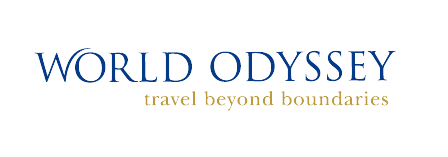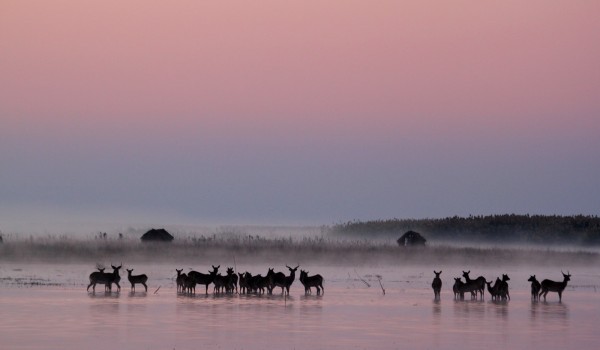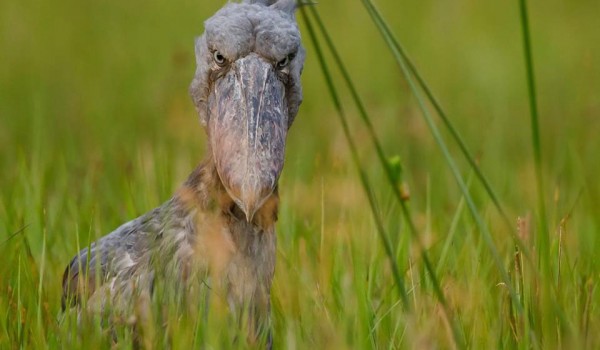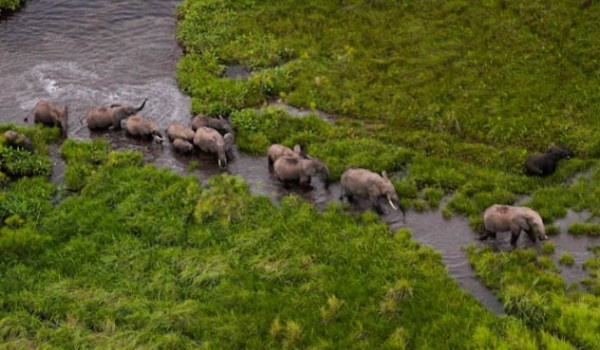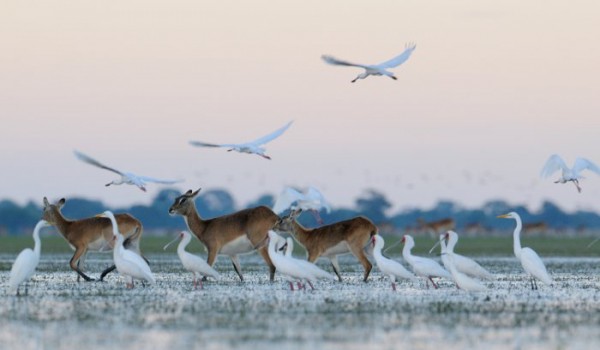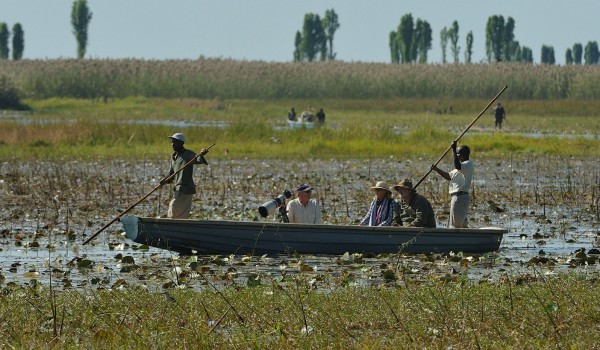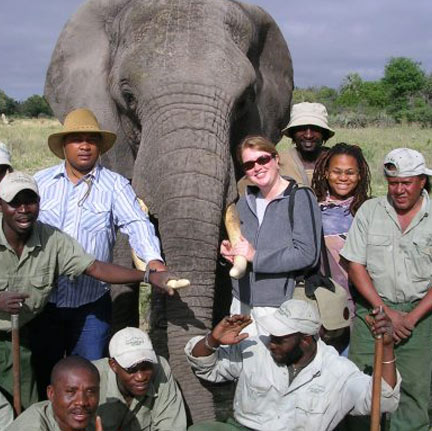The remote wilderness of the Bangweulu Wetlands is a unique wildlife destination comprising reedbeds and lagoons surrounded by floodplains and forests.
The Bangweulu Wetlands
Why visit The Bangweulu Wetlands ?
Bangweulu means “where the water meets the sky” and this community-owned protected wetland in north-eastern Zambia is one of the most extraordinary wetlands in all of Africa. Its unique floral and faunal diversity set the stage for a spectacular display of more than 433 different bird species. The remote wilderness of the Bangweulu Wetlands is a unique area comprising of vast stretches of seasonally flooded grasslands and huge virgin miombo woodlands and swamp areas that are dominated by extensive stands of papyrus and reeds creating a vast and lush wetland landscape.
With huge avian diversity, Bangweulu is a globally important habitat for water birds, evidenced by its classification as an Important Bird Area (IBA) by Birdlife International, while part of it has been proclaimed a RAMSAR site. The park is one of the best places to view the rare and prehistoric-looking shoebill as well as holding a significant percentage of the world’s population of wattled crane.
While the birdlife is a key attraction, the park is also home to spotted hyena, side-striped jackal as well as serval. The major species, from a wildlife perspective, are the only black lechwe (listed as endangered) in the world with over 50,000 living in the park. Big game includes healthy numbers of sitatunga, southern reedbuck, tsessebe & oribi. There are small remnant populations of large mammals such as hippopotamus, buffalo, elephant, roan and hartebeest and populations of puku, waterbuck, zebra and impala have been established.
Bangweulu is not a national park, but rather a Game Management Area, where the land belongs to the local communities who live within it and have rights to fish and harvest resources from it. It is an environment where wildlife and communities are inextricably dependent on one another for survival. Before partnering with African Parks, rampant poaching and unrestricted fishing had seriously depleted the rivers and decimated the black lechwe antelope population and other large mammal species. Community development is essential to the project and is supported through a number of enterprise development projects such as a bee-keeping and fisheries management. A fishing ban in the spawning season has yielded dividends in the form of increasing fish stocks and a Shoebill Guard Programme employs local fishermen to ensure the safety of shoebill nests and to protect eggs and chicks being stolen for the illegal wildlife trade. Visit the local villages and fishing camps to see sustainable livelihood programmes in action, such as traditional fishing methods and bee-keeping.
LOCATION
ZAMBIA INFO
Visa
A Visa is required for UK passport holders.
Health Requirements
No mandatory vaccinations are required.
Time Difference
GMT + 2 Hours
Flight Time
13hrs Indirect
NEWSLETTER SIGNUP
Keep up-to-date with the latest travel trends, inspiration for future trips and competitions to win luxury travel vouchers.
Subscribe
